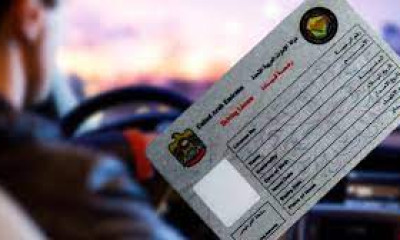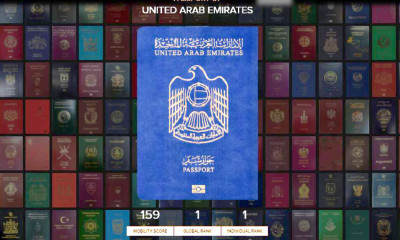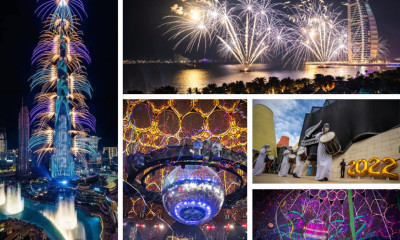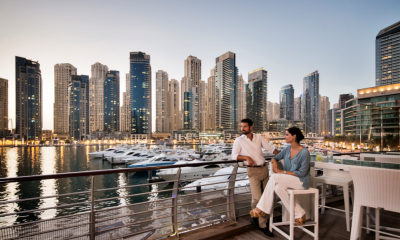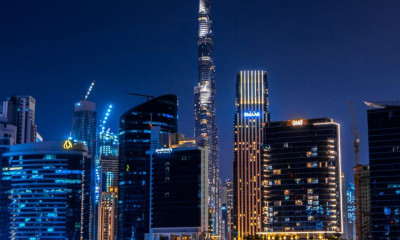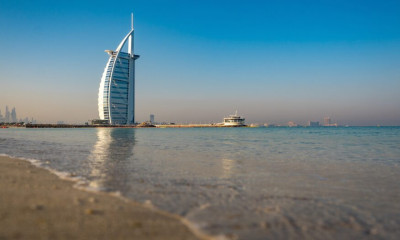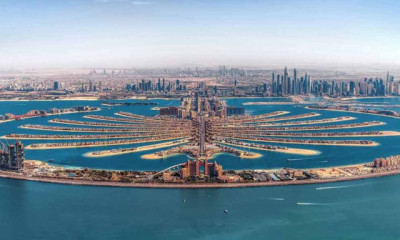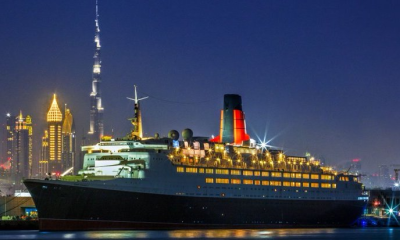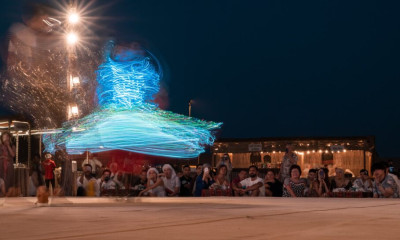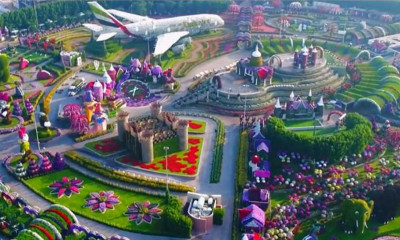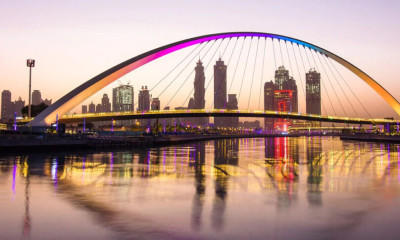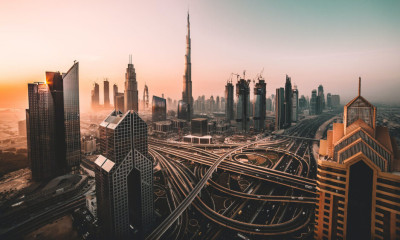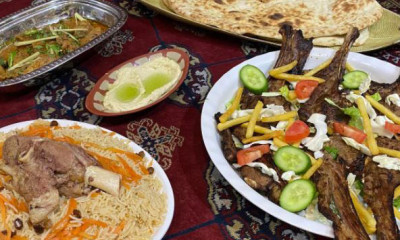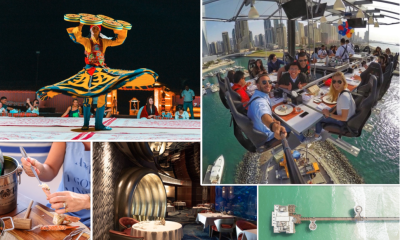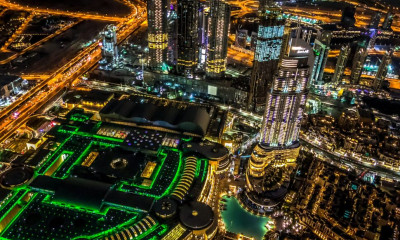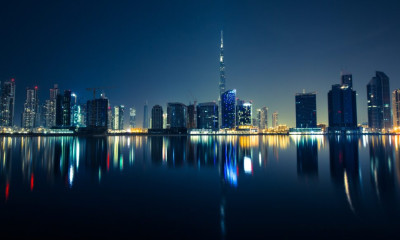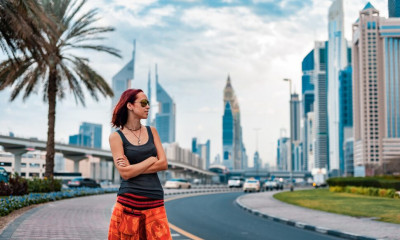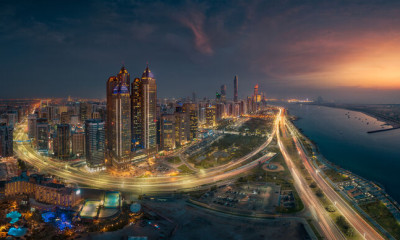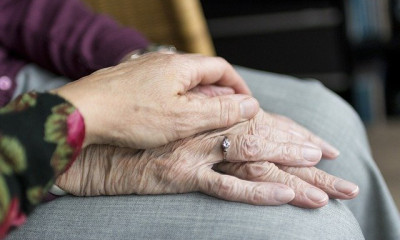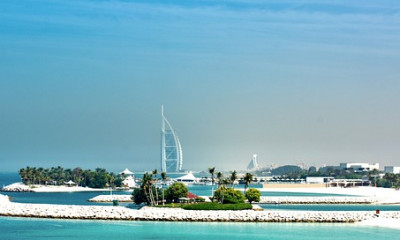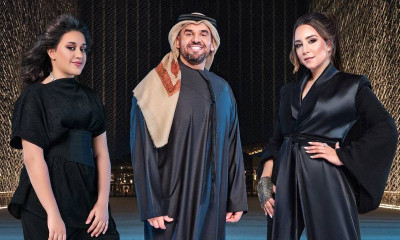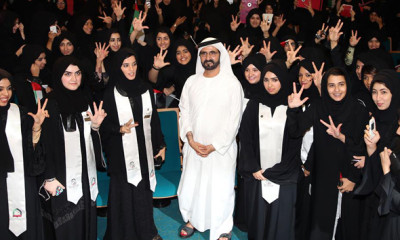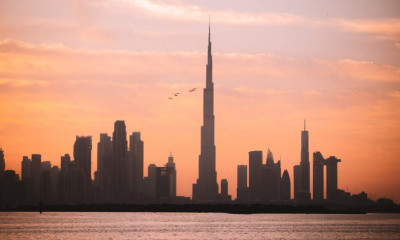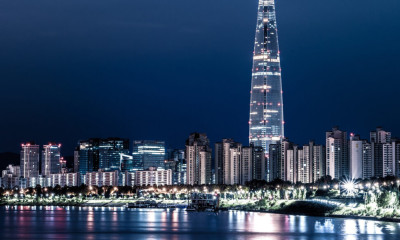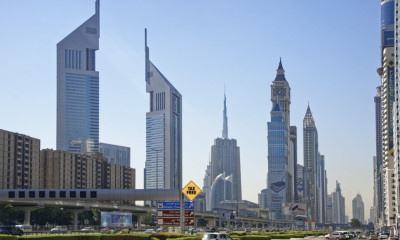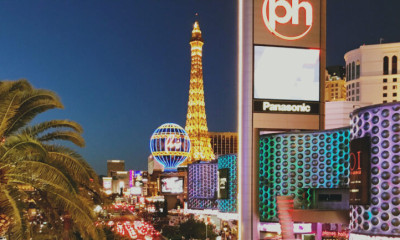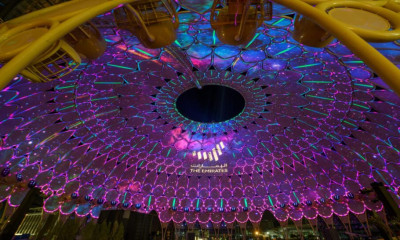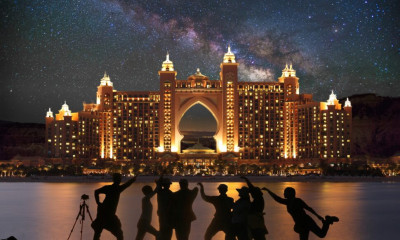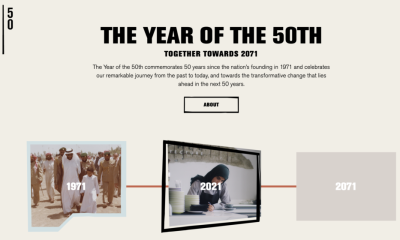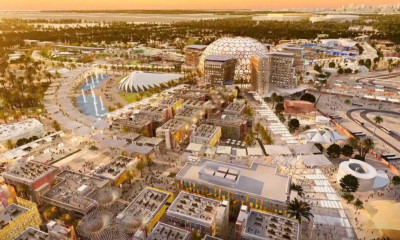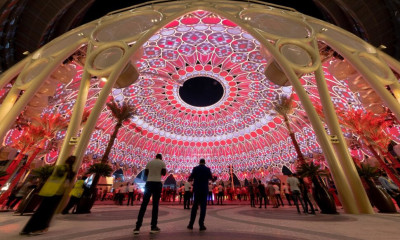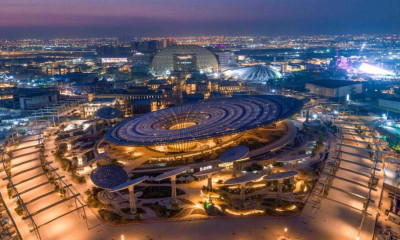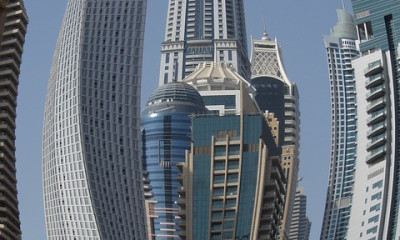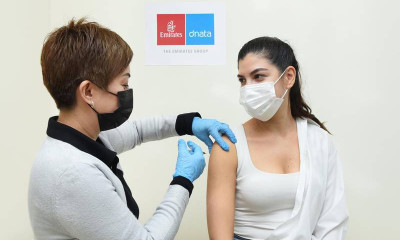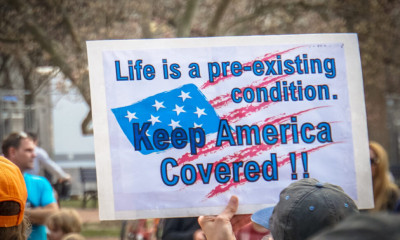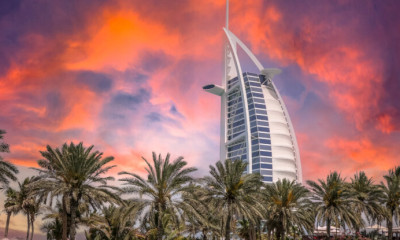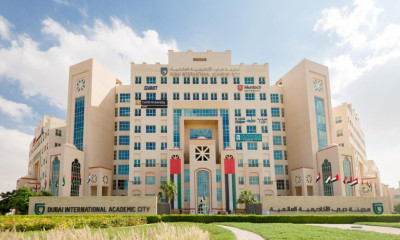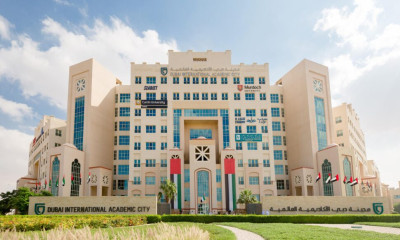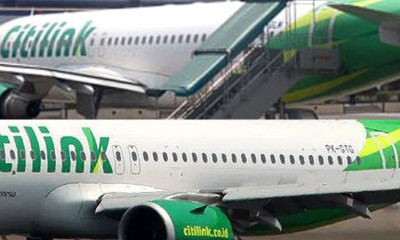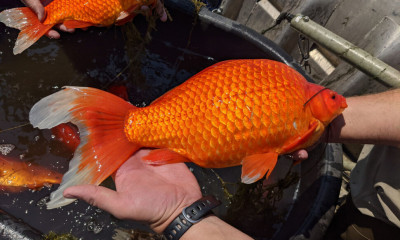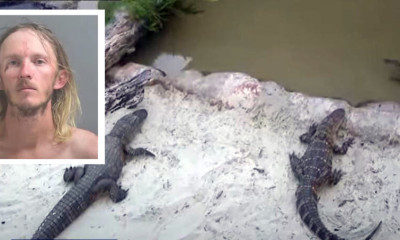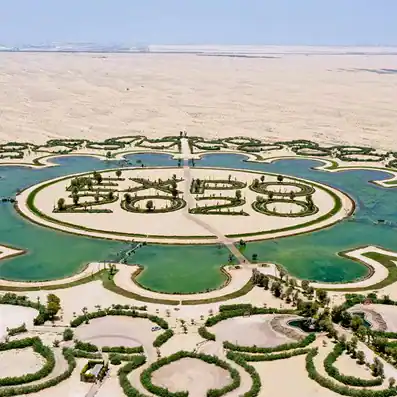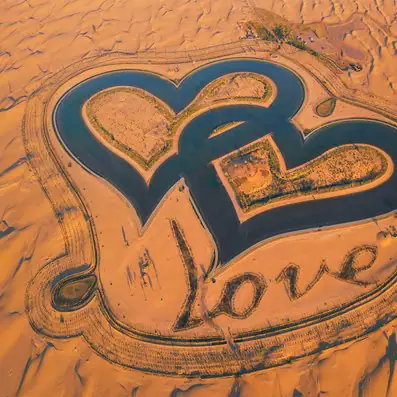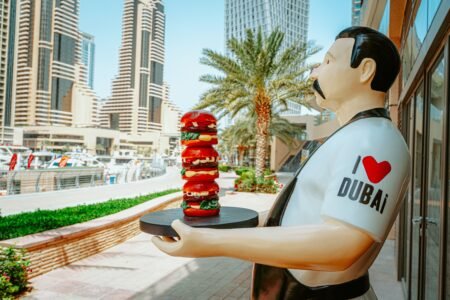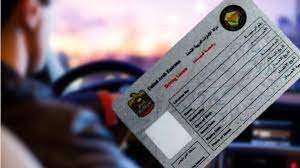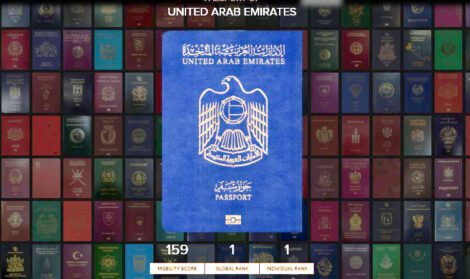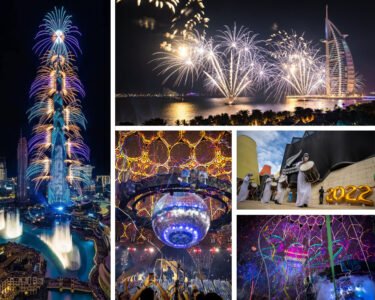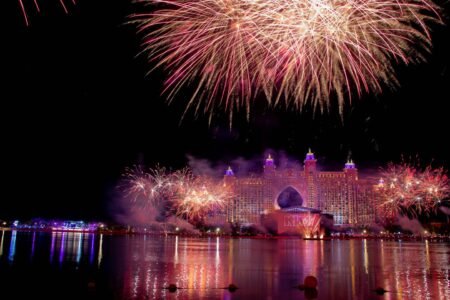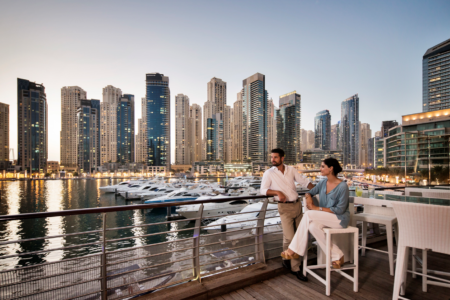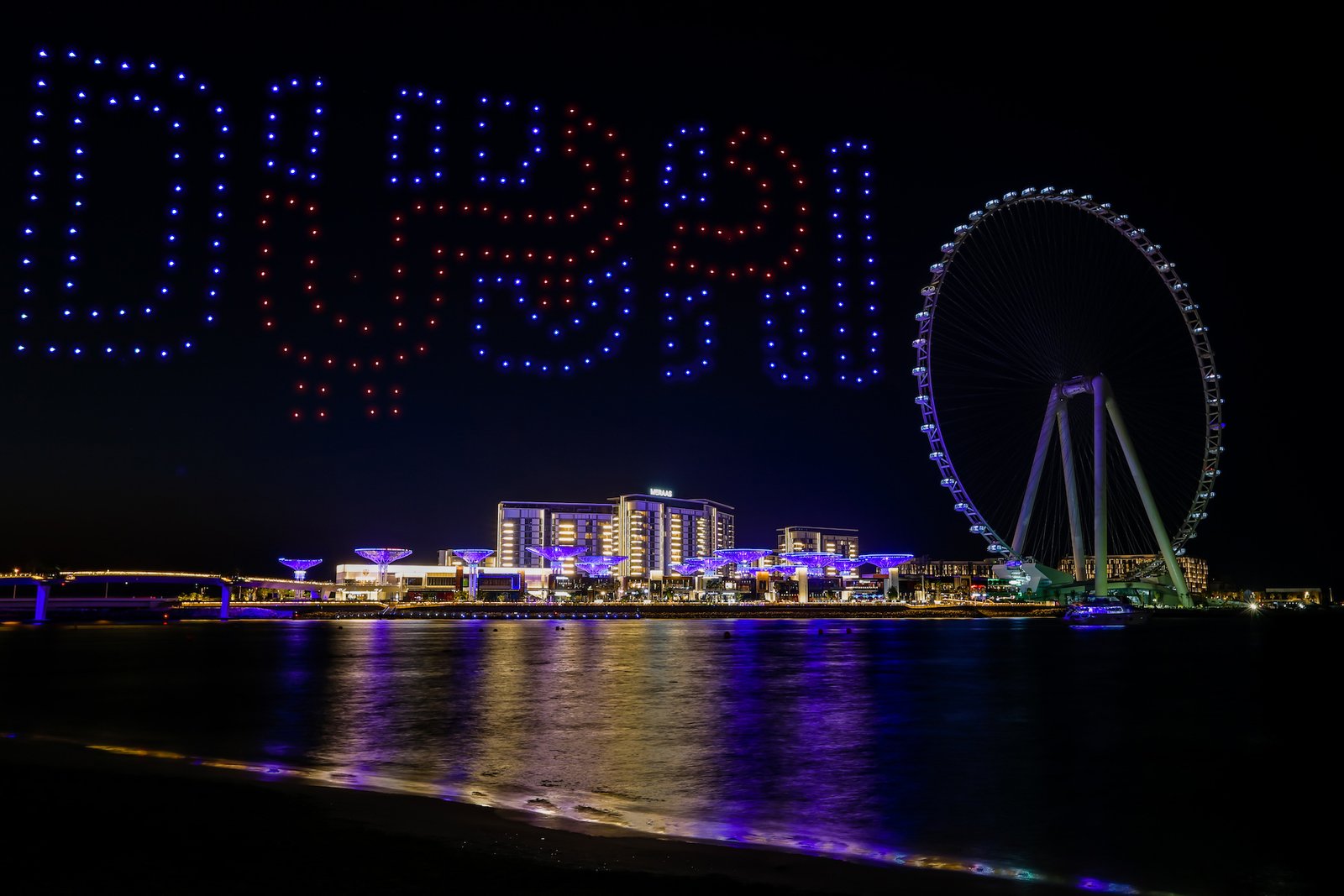
“…To boldly go where no man has gone before!” Star Trek fans will be familiar with this popular introductory quote of Captain James T. Kirk, part of his speech that began every episode of the series.
‘To boldly go where no man has gone before’ could actually be the motto of today’s drones, equipped as they are to do exactly that. Nasa’s Perseverance rover, which followed the UAE’s Hope probe to Mars, for instance, carried in its belly Ingenuity, a small helicopter drone. Ingenuity has since become the first drone to be used in space exploration. The helicopter performed a series of successful test flights, paving the way for future flights in the extremely thin Martian atmosphere.
Back on earth, drones are being increasingly used to cover hazardous or inaccessible terrain, regions that may be too dangerous or physically beyond the reach of humans. A team of Emirati entrepreneurs recently launched Ghalib, the UAE’s first satellite to track bird migrations in remote areas of the country.
Drones have become cost-effective and flexible tools for cities to connect with their residents and respond to emergencies. Dubai, for one, successfully used drones in its fight against Covid-19. It used drones effectively to alert people and remind them to stay indoors during the nightly movement restrictions last year.
Dubai is well-positioned as a hub for drone manufacturing, smart transportation and innovation. The city is at the forefront of tech adaptation and has been using drones in some remarkable and rather unique ways. Here are 15 of the coolest things that Dubai uses drones for:
1. Making it rain
No, we’re not kidding. Drones can help manipulate the weather. It’s called cloud-zapping, and it is a novel way of cloud-seeding that doesn’t involve salt flares. Scientists in Dubai use electrical charges from drones to shock existing clouds into creating larger raindrops. These drops are large enough to not evaporate before they hit the ground, thus completing the process of rainfall.
Without the drones zapping such clouds, the drops would be smaller and, in a hot place like Dubai, would evaporate before falling on the ground (resulting in humidity and no rain).
“It is moving to think that the rainfall technology I saw today, which is still being developed, may someday support countries in water-scarce environments like the UAE,” Mansoor Abulhoul, Ambassador of the UAE to the UK, said during a visit to the University of Reading in May, where he was shown demonstrations of the new technology.
In 2017, researchers at the university were awarded $1.5 million in funding for Rain Enhancement Science. The UAE’s total investment in rain-making projects is $15 million, part of the country’s quest to ensure water security.
2. Planting trees
Yep, it’s cool. Dubai-based start-up Cafu is using drones to plant ghaf tree seeds by firing them into the ground at a speed of 288 kilometres per hour. The company’s team of engineers repurposed a regular drone to ensure that, instead of just spraying the seeds on the ground, the drone fires the seed balls (a seed wrapped within nutrient-rich soil) at least one centimetre beneath the ground. The drone’s super-accurate GPS system then geotags the location of each such ‘seed bomb’ so that it can be later checked upon, preferably by another drone.
The company planted tens of thousands of trees within a few weeks earlier this year. In remote areas of the desert, such an exercise would have usually taken months besides other costs involved, including manpower and fossil fuel to ferry people. Drones helped save those precious resources while enabling a fuel delivery company to offset its carbon footprint.
3. Cleaning skyscraper façades
High-rise window cleaning is among the most dangerous jobs here in Dubai. While professionals engaged in such activity are well-trained and extremely competent, there’s always the risk of equipment failure and high-speed, destabilising winds when you’re dangling down from a skyscraper wearing a harness and a helmet.
Enter robotic cleaners, which can do the job not just faster, inexpensively and more efficiently but, most importantly, without any risk to human life. Several Dubai towers are currently experimenting with all sorts of drone-cleaning technology.
It is only a matter of time when the biggest daddy of them all – the Burj Khalifa – will see drones clean its façade of over 24,000 windows. It takes three dozen humans three months to complete one round of window-cleaning of the world’s tallest tower. At the end of the 90-day period, the building’s windows are ready to be cleaned again, exemplifying what ‘from the top’ really means. A single, high-powered drone could do the job in a matter of days.
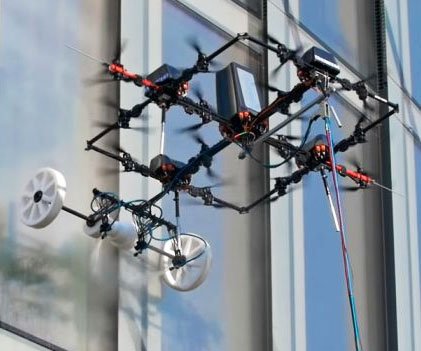
4. Ensuring compliance with anti-Covid measures
Last year, when the first wave of Covid-19 infections surfaced in the city, Dubai Police used drones to enforce movement restrictions.
The drones, equipped with a video camera and microphone, warned people against congregating and urged them to return to their homes. The drones relayed live visuals to officials at the Dubai Police control centre, enabling swift response when the need arose.
“Our drones are equipped with cameras that can photograph events in range, whether during the day or night. They can also carry loudspeakers to broadcast Dubai Police messages and announcements to the public,” said Colonel Saeed Al Madhani, Director of Ports Police Station in Dubai.
5. Disinfecting the streets
At the same time when Dubai Police drones urged people to #StayHome, Dubai Municipality initiated an extensive, city-wide disinfection drive to sanitise the streets, beaches and other public places. While it also used traditional modes like other cities around the world, the use of drones to spray safe disinfectants over pavements, roads and inside public transport vehicles gave it an edge that helped make the drive a success.
Last year, Dubai Municipality initiated an extensive, city-wide disinfection drive to sanitise the streets, beaches and other public places. The use of drones to spray safe disinfectants over pavements, roads and inside public transport vehicles helped make the drive a success
It wasn’t just speed and efficiency that the drones afforded the operations, but also the fact that it kept helped municipal workers avoid contracting the virus. Drones also helped deliver vital goods, such as medicines and groceries, to those quarantined at home.
Dubai Municipality also uses drones to keep the city’s campsites and beaches clean of waste. The drones help catch people in the act of littering as they provide the data and aerial photographs. It uses drones to monitor the landfill sites at Al Ghusais, Jebel Ali and Al Warsan, among other places. The drones are used to look out for trucks that dump waste illegally.
6. Monitoring and managing traffic
Dubai Police have deployed drones to effectively tackle traffic infractions like seat belt violations, speeding, and wrongful lane changes, among others. Such drones are capable of scanning narrow lanes that may be out of reach of police patrol cars.
They are equipped with high-resolution cameras which clearly capture vehicle registration details and the face of the person behind the wheels, making it easier to issue a fine for the infraction.
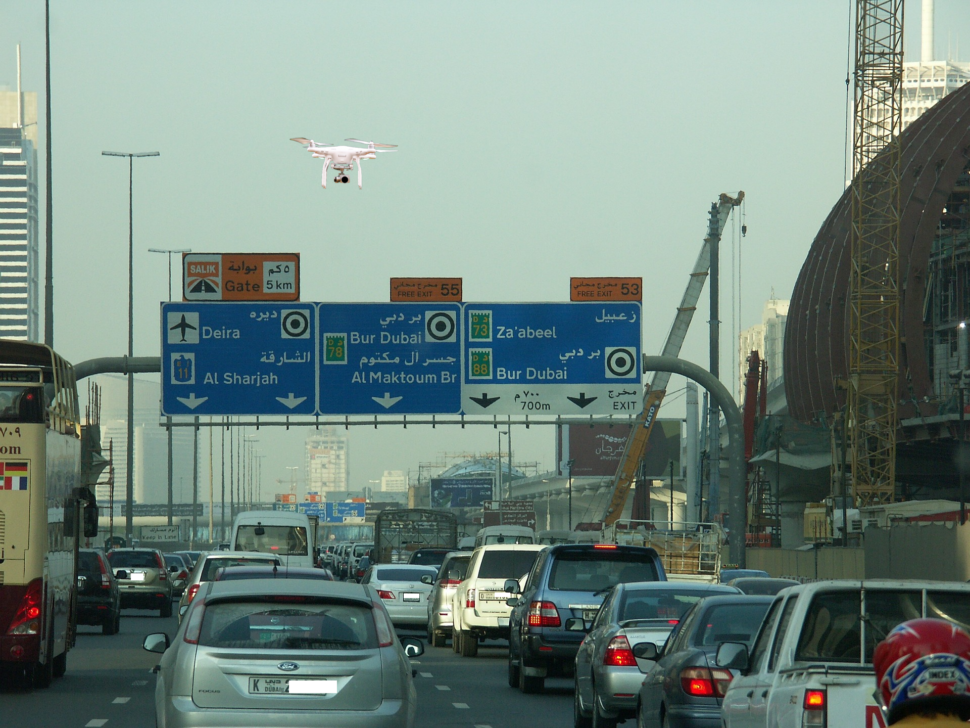
7. Surveillance and fighting fires
Dubai was among the first cities to experiment with firefighting drones. In 2014, Dubai Civil Defence bought 15 quad-copters (remote-controlled drones) that were to be used to patrol high-risk areas, such as industrial zones, to monitor and record fires.
Those drones were meant to fly around a building on fire to assess the situation and help the command centre determine the best course of action even before the firefighters could arrive at the scene.
The subsequent generations of firefighting drones come with fire hoses that can shoot foam at the base of the fire to swiftly bring it under control.
These are especially useful in cases when it is difficult or severely dangerous for human firefighters, like when the fire is on a higher floor of a building, or on a boat in the middle of the sea, or if chemicals are involved in a fire.
8. Responding to crime
Dubai is working to make police drones respond to criminal reports and traffic emergencies within a minute (down from the current average response time of 4.4 minutes). Drone Box, the drone-dispatch service, will be launched during Expo 2020, announced His Highness Sheikh Mohammed bin Rashid Al Maktoum, Vice-President and Prime Minister of the UAE and Ruler of Dubai.
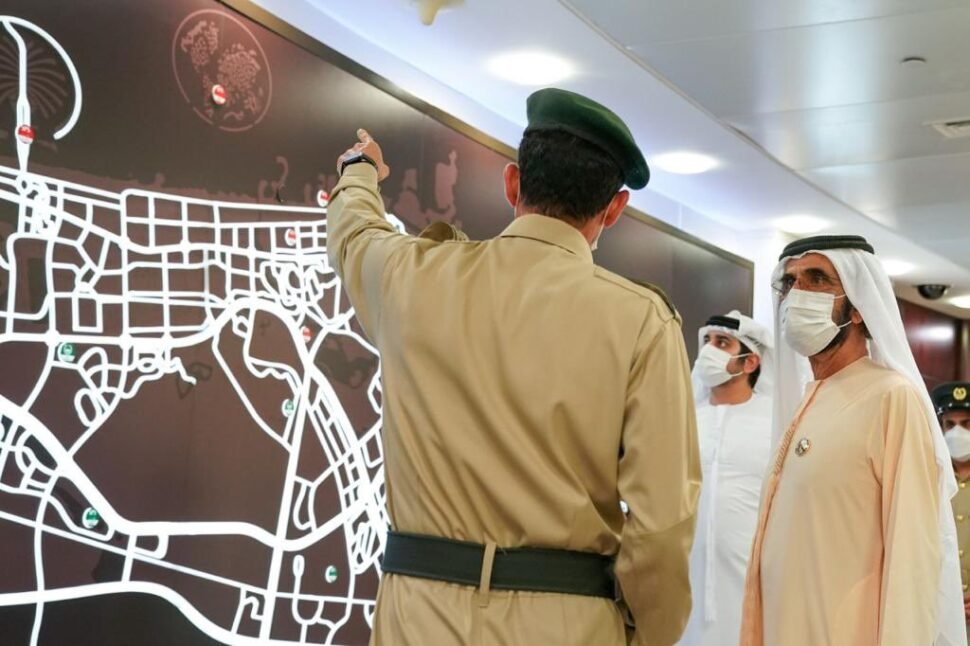
9. Lights, camera, drone
Creating mesmerising shows is one of Dubai’s fortes, and the use of drones adding a whole new dimension to it.
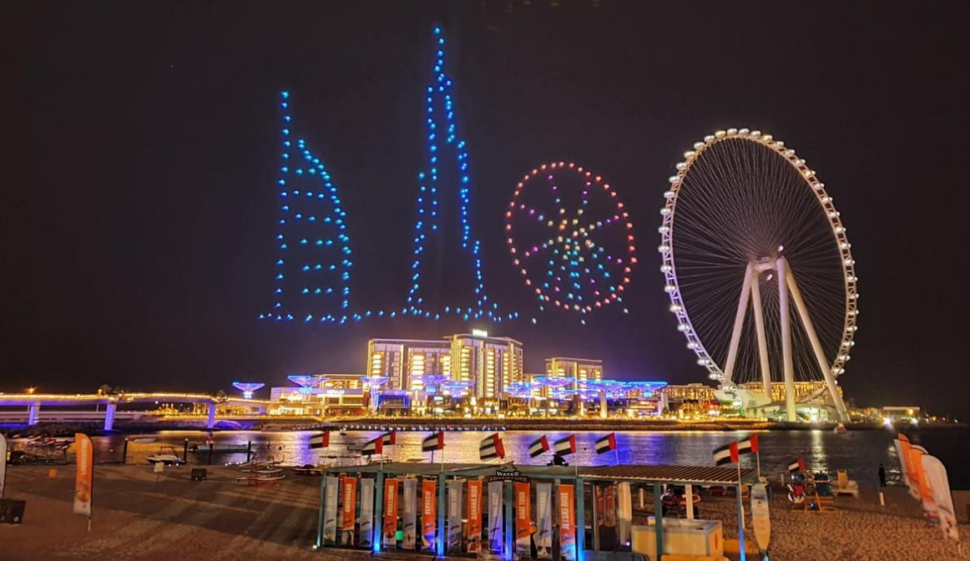
When it comes to aerial light shows, Dubai residents have been spoilt for choice. Bespoke drone shows have been created for theme parks (Dubai parks and Resorts), retail events (Dubai Shopping Festival), and sports competitions (Dubai World Cup) setting and smashing world records in the process.
10. Inspecting and cleaning solar panels
We know what you’re thinking. Why would you need a drone to inspect the handful of solar panels on your rooftop, right? We’re not talking about a handful – we’re talking about millions of solar panels installed in the desert (yes, in the desert!).
The world’s largest single-site solar park – spread over an area of 77 sq km – is right here in Saih Al-Dahal, about 50km south of the city. It houses the world’s tallest solar tower and produces solar power at the lowest cost in the world. The initial phases of the project use millions of photovoltaic (PV) panels that need to be regularly monitored, cleaned and repaired or replaced.
In the desert environment, dust and pollution can block sunlight, reducing the efficiency of solar panels. Additionally, PV panels are delicate and can get damaged if a human were to step on them or were to clean them vigorously. If Dewa (Dubai Electricity and Water Authority) were to go about the job in a traditional way, it would take dozens of people months to inspect and clean even a fraction of the area – hurting the project’s power generation capacity.
Thankfully, Dewa doesn’t use traditional means – it uses UAVs (unmanned aerial vehicles or, of course, drones) to check on the PV panels, saving it considerable time and effort. The drones are equipped with high-resolution cameras and can scan a 100,000sq ft area in under five minutes.
11. Preventing power outages
Dewa is experimenting with technology to detect overhead line insulator failures that can cause power outages. The drones provide early detection by using thermal imaging for overhead power lines.
This limits risks and reduces costs, enables a quick response and is very accurate, making it easier to make informed decisions. The drones use state-of-the-art upgradable technologies such as high-definition cameras that are equipped with night-vision and laser technologies, GPS sensors, and can measure pressure, height, magnetic fields, and use ultrasound scanning.
In addition to locating equipment, Dewa also uses drones to inspect the water cooling process in evaporators, enabling them to operate without fully shutting them down for maintenance. The Dubai utility also uses drones to regularly review its projects and obtain progress reports by taking panoramic pictures.
12. Drone journalism
Drones have made the lives of editors and multimedia producers easier. They can now cover challenging news events like fires, quakes, protests and floods in high-res detail thanks to drones. Almost every UAE media outlet worth its salt now has a newsroom equipped with drones that can capture and relay multimedia imagery.
Amazing aerial images of high-rise towers, Dubai’s roads, lakes, parks and other landmarks heighten the allure of visual journalism. Dubai-based universities and media colleges now include drone journalism in the curriculum. In addition, Dubai uses drone imagery to promote and market its picturesque landscape and natural beauty to visitors and tourists.
13. Inspecting Metro tunnels
Dubai’s Roads and Transport Authority is trialling drones to inspect the Dubai Metro’s tunnels. The drones use infrared radiation to inspect tunnel walls, saving precious time and money.
14. Inspecting telecom towers
Dubai’s du uses drones to inspect telecom towers, reducing the number of times technicians need to climb up and down a tower. It is especially important when weather conditions make climbing too dangerous.
15. Delivery and (in the future) travel
In May 2021, Dubai Airports and food delivery firm Deliveroo launched the region’s first airport delivery service at Dubai International (DXB). DeliverooDXB allows passengers to get freshly prepared food delivered to their boarding gates. Dubai has laid plans for miniature helipads and an air traffic control system as part of a strategy to set up an aerial drone delivery system. The Dubai SkyDome will create an airspace infrastructure for drones that could connect buildings through “runways and miniature airports across the city”.
Dubai has begun setting up a legal framework regulating how UAVs will be used for commercial and government purposes. Drones will have many roles in cities in the coming years, including crowd monitoring, infrastructure inspection and merchandise delivery. They will also be able to help drivers find parking, assist city officials in mapping out projects and creating transit routes, and provide real-time traffic monitoring that enables other technology or human workers to make immediate adjustments that alleviate congestion.


